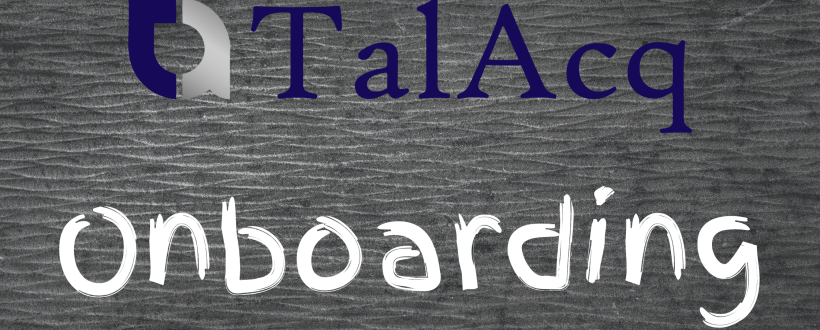Successful onboarding of executives is critical for organisational success. It sets the tone for their tenure and significantly impacts their ability to contribute effectively. Ensuring a smooth transition requires careful planning and execution, focusing on setting clear expectations, facilitating integration, and providing ongoing support.
Setting Clear Expectations: One of the first steps in executive onboarding is defining clear roles, responsibilities, and performance expectations. Executives should have a thorough understanding of what is expected of them from the outset. This includes aligning their objectives with the organization’s goals and ensuring clarity on key performance indicators.
To achieve this, organizations should engage in open and transparent communication. Discussing company culture, values, and organizational dynamics upfront helps executives navigate their new environment more effectively. Providing access to relevant documentation and resources further supports their understanding of the role and expectations.
Facilitating Integration: Integration into the organization’s culture and structure is crucial for executive success. Assigning mentors or buddies can provide valuable guidance and support during the transition period. These mentors can help executives navigate the organizational landscape, introduce them to key stakeholders, and offer insights into company norms and practices.
Encouraging executives to actively engage with their team members and stakeholders fosters relationship-building and collaboration. Organizing team-building activities or social events can further facilitate integration and create a sense of belonging.
Providing Ongoing Support: Effective onboarding doesn’t end after the initial orientation period. Providing ongoing support is essential for executives to thrive in their roles. Regular check-ins with executives allow for feedback and communication channels to remain open. These check-ins provide opportunities to address any challenges or concerns that may arise and offer constructive feedback to support their development.
Additionally, organizations should prioritize professional development opportunities for executives. This may include access to training programs, coaching, or mentorship opportunities tailored to their individual needs. Investing in their growth not only enhances their skills and capabilities but also demonstrates a commitment to their long-term success within the organization.
Case Studies or Success Stories: Consider the experience of a multinational corporation that recently hired a new Chief Executive Officer (CEO). The organization developed a comprehensive onboarding program that included one-on-one meetings with key stakeholders, shadowing opportunities, and regular check-ins with an assigned mentor. As a result, the CEO was able to quickly integrate into the organization, align their objectives with company goals, and drive positive outcomes.
Another example is a tech startup that implemented a buddy system for new executive hires. Each executive was paired with a seasoned team member who provided guidance and support throughout the onboarding process. This approach not only facilitated integration but also fostered strong relationships and collaboration within the team.
Conclusion: Effective onboarding is a critical factor in executive success. By setting clear expectations, facilitating integration, and providing ongoing support, organizations can ensure that executives are well-equipped to make meaningful contributions from day one. Investing in their onboarding process demonstrates a commitment to their success and sets the stage for long-term growth and development.
Call to Action: For expert assistance in executive recruitment and onboarding, contact TalAcq today. Our team specializes in helping organizations find and integrate top executive talent for long-term success.








